As a leading manufacturer over 20 years. Our exquisite craftsmanship can meet all your requirements!
DESCRIPTION
melting point | 131-135 °C (lit.) |
boiling point | 160°C |
density | 1.769 |
Vapor pressure | 0Pa at 20℃ |

Can be used as a non selective herbicide.
Widely used in industrial sectors such as pesticides, printing and dyeing, tobacco, building materials, textiles, etc. It is an important raw material for the production of soybean herbicides such as imidacloprid and curing agents. It can be used as a resin crosslinking promoter, a softener for paper and textiles, and a flame retardant. It is widely used as a tree death agent in the United States, causing some unwanted trees and shrubs to wither, which is of great significance for establishing forest fire zones.
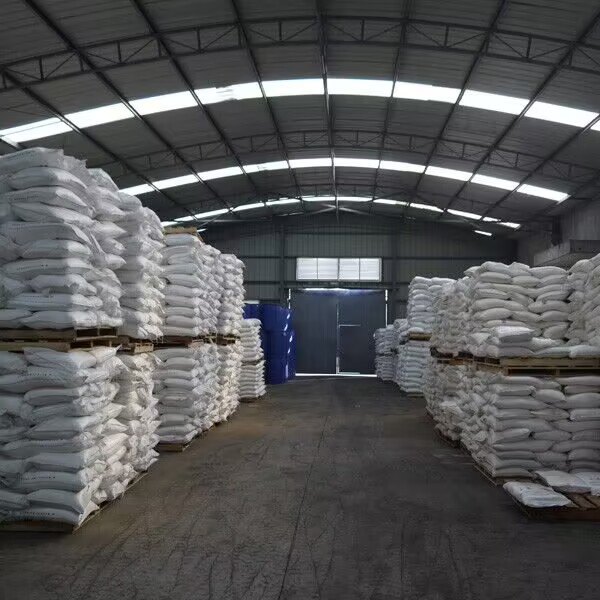

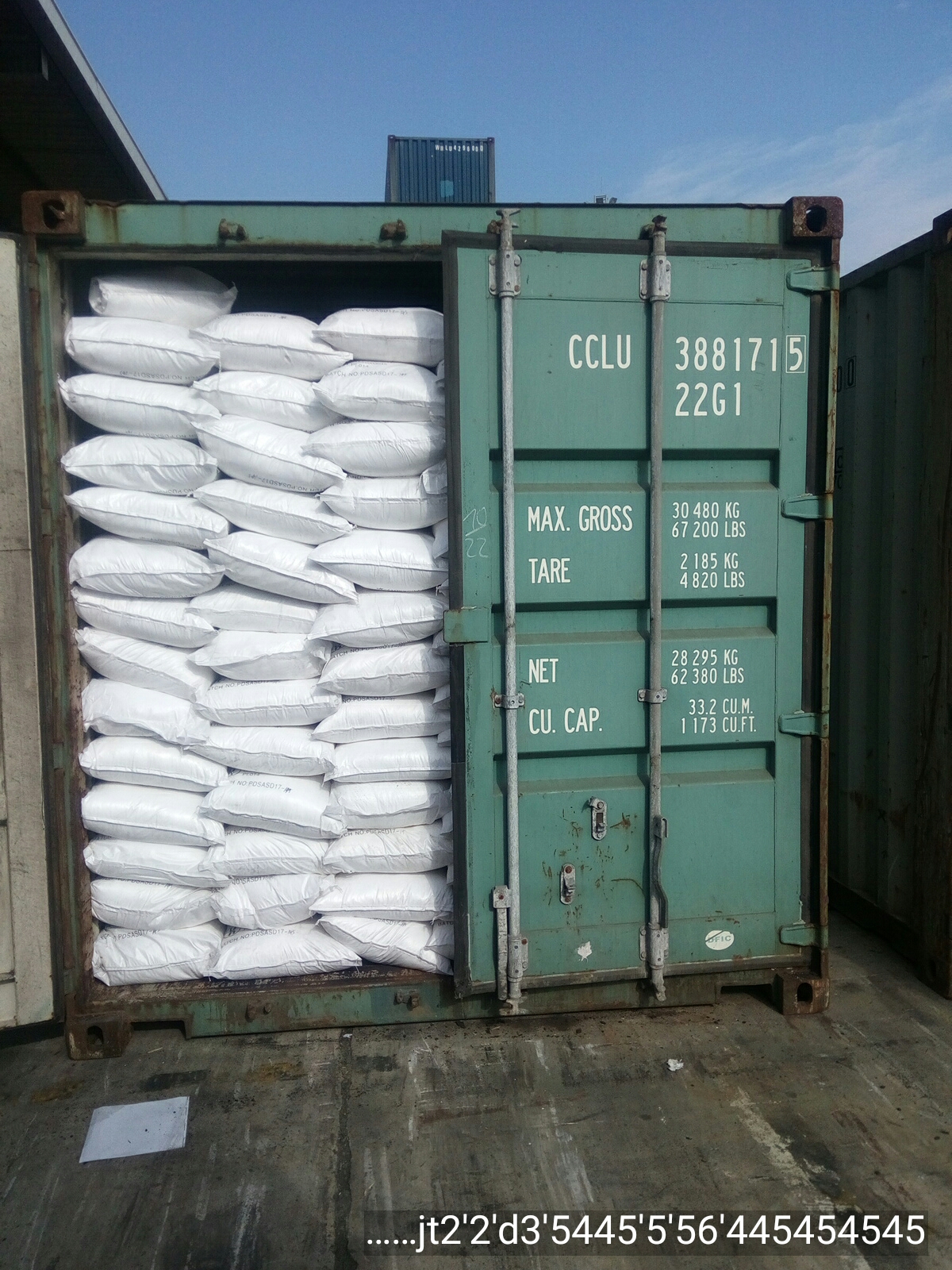
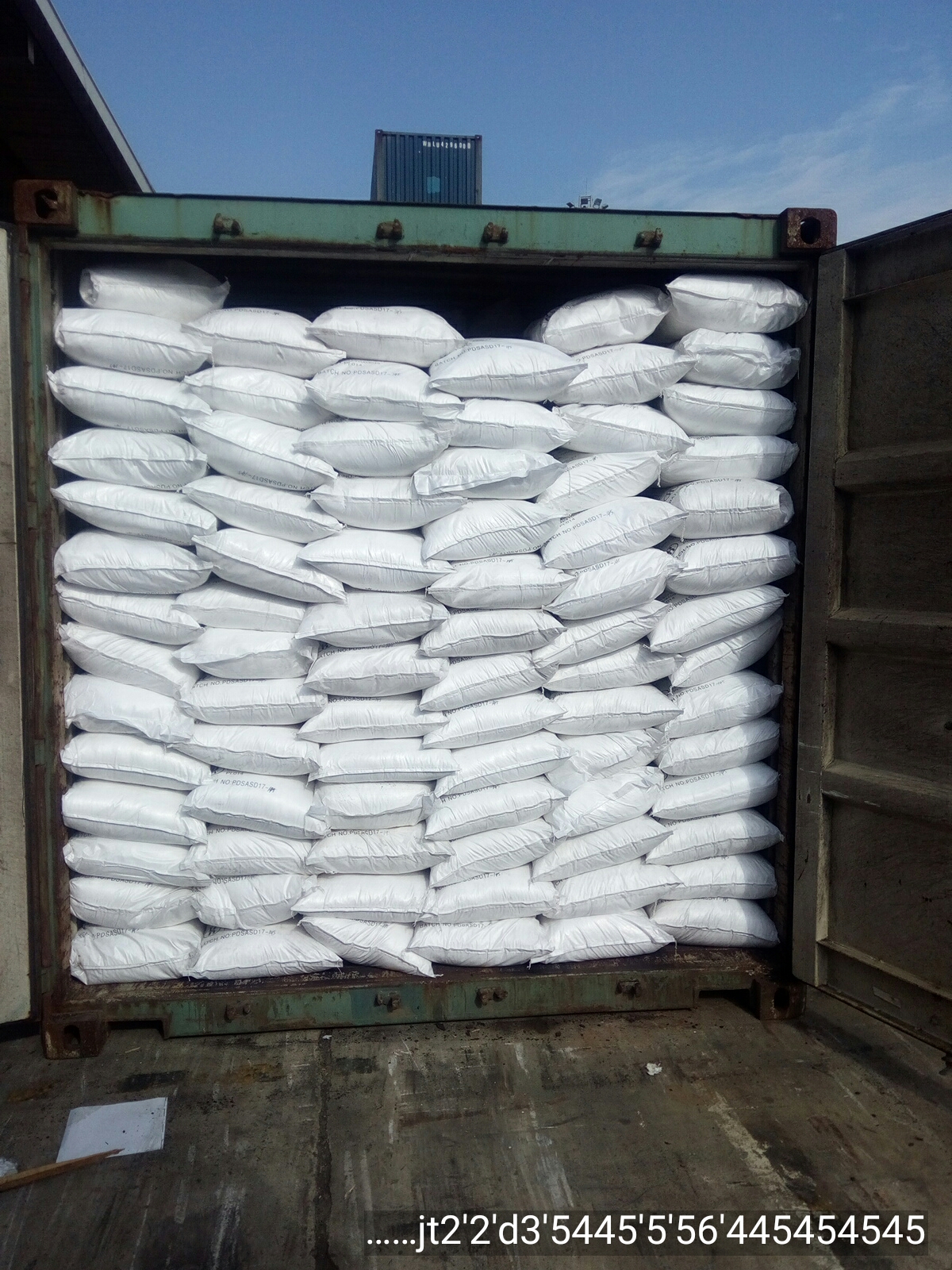
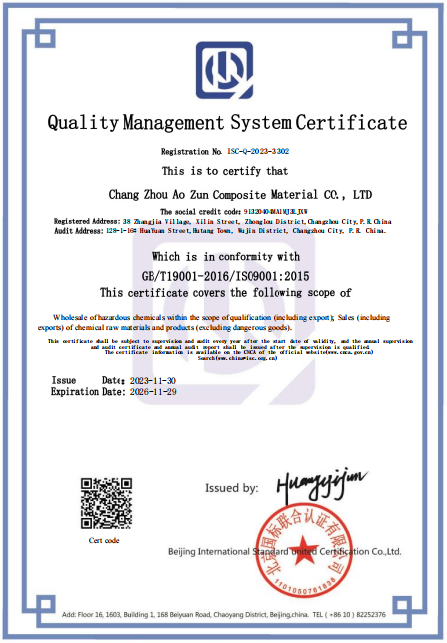
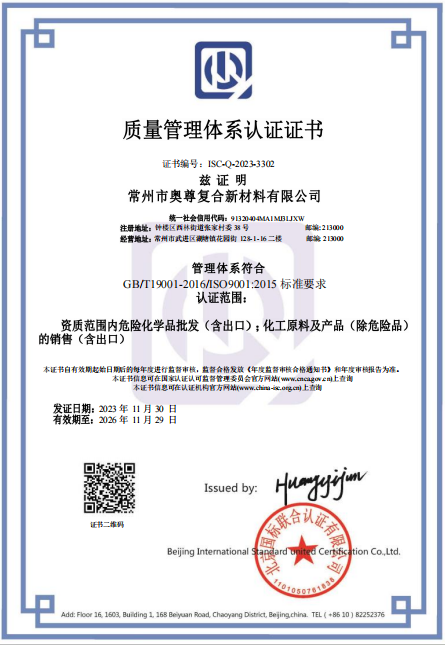

Q1: May I get sample?
A1: Free sample is available, you only need to pay freight.
A2: Usually it will cost about 5 days after delivery.
A3: You can contact us about your order details by E-mail, WhatsApp, Skype, etc.
A4: We will test the goods and issue COA before delivery

content is empty!